Green chemistry is not a new topic in the industry. For many years, companies have been working on sustainable solutions and innovative approaches to ensure a future worth living. Donauchem is no exception. As a business unit of the Donau Chemie Group, it contributes its share to sustainable management and production. I will present some of the measures below.
What does "green" chemistry actually mean?
The guiding idea of sustainable or green chemistry arose from experiences with environmentally relevant events in the past and the endeavour to produce more environmentally friendly substances in a more environmentally friendly way.
Against this background, the two US chemists Paul Anastas and John Warner drew up the "12 Principles of Green Chemistry" at the end of the 1990s. The strategies for action postulated in these principles were incorporated into the twelve guiding criteria of the IPPC Directive (96/61/EC) and also serve as orientation for the Donau Chemie Group.
According to these guiding principles, a sustainable chemical is not only characterised by its material properties. The conditions under which it is manufactured, processed and used must also be taken into account. These include in particular:
- the careful use of resources
- production with substances based on natural/renewable raw materials
- low toxicity of the substances
- safer production processes
- efficient processes through energy optimisation and savings
- as well as wastewater and waste avoidance
Sustainable chemistry thus involves the entire life cycle. It is about making the entire process sustainable - from the design and development of a substance to its production, reuse and disposal.
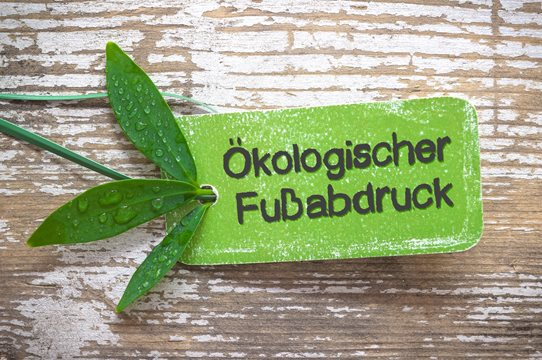
Pischelsdorf site produces CO2-neutral
The Donau Chemie site in Pischelsdorf, Lower Austria, is a showcase project for green chemistry in terms of CO2-neutral energy production. Donau Chemie's sulphuric acid plant produces a lot of steam as a by-product of production. This energy source is used to drive an in-house steam turbine to supply the sulphuric acid plant and partner companies at the site with electricity and hot water, and even to feed surplus electricity into the grid on a case-by-case basis.
The plant's ecological footprint can be reduced by 37,000 t of CO2 per year with this heat cycle. In total, the plant generates an average of 45 to 48 million kilowatt hours of electricity per year. This could cover the annual electricity needs of 11,500 two-person households - the equivalent of a city like Krems.
The water is recirculated, heated by production processes and thus enables the waste heat generated to heat around 30,000 m² of office and warehouse space at the site. Afterwards, the cooled water is used again for production purposes.
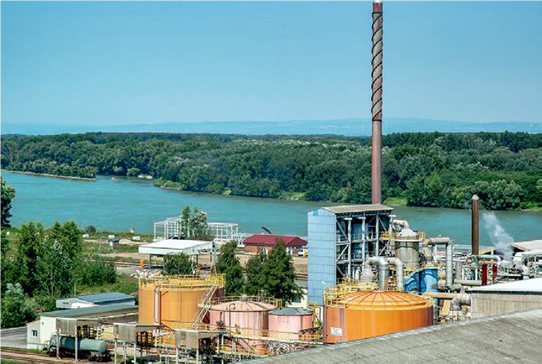
In Pischelsdorf, production and sustainable energy generation go hand in hand.
© Donau Chemie AG
Responsible use of water and raw materials
Donauchem's goal is to make optimal use of resources and reduce production waste. This not only reduces the burden on the environment, but also saves on disposal costs. The measures to achieve this goal are manifold:
- Reduction of consumption in production and reduced discharge of production wastewater.
- Treatment of process waste water and reuse before it is sent for disposal.
- Reduction of chemical waste by collecting concentrated, undiluted residues and reusing them in subsequent productions.
- Proper disposal and recycling of paper, plastics and chemicals.
An important factor in resource-saving waste avoidance is, of course, also packaging. Instead of disposable containers, customers of Donauchem have the option of using reusable containers. The switch from returnable to depositable containers a few years ago has made it possible to make even better use of existing resources.
Furthermore, the simple deposit system increases the qualitative condition of the IBCs for our customers through faster rotation and at the same time reduces the administrative effort. Donauchem ensures the smooth delivery and collection of the IBCs.
Further development of the product portfolio
It is not only in the use of raw materials that Donauchem attaches importance to sustainability, but also in the ongoing expansion of the product portfolio with natural raw materials. These include natural food colours from Cybercolors, innovative preservation solutions from Sharon Labs or special waxes from natural sources from DEUREX.
Moreover, water technology products for the purification of drinking water and waste water make an important contribution to the protection of the environment. Donau Carbon's activated carbon can even clean up heavily over-fertilised waters. Among other things, coconut shells, olive pits and other fruit peels are used for its production - an important contribution to the conservation of scarce resources.
Activated carbon products are also used as additives in biogas production, i.e. electricity production from biological raw and residual materials. Activated carbon can be reactivated six to eight times in one of the three Donau Carbon rotary kilns. At the end of its useful life, however, the activated carbon is not disposed of but reused by Donau Chemie as primary fuel. More sustainability is hardly possible.
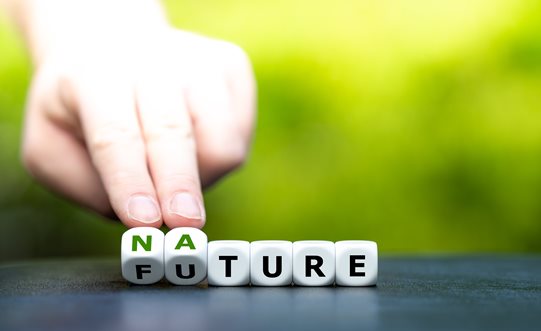
stock.adobe.com
Sustainable with efficient vehicle fleet and route guidance
Since the beginning of 2021, Donauchem's modern vehicle fleet has had two particularly sustainably designed new additions: a three-axle truck and a multi-chamber tanker. Both vehicles are suitable for ADR transport.
The three-axle truck scores in terms of sustainability with a total weight of only 30 tonnes - a lightweight compared to conventional trucks thanks to its lightweight construction. The advantage: less dead weight causes fewer emissions and thus a lower CO2 footprint of the fleet.
The new "Milchwagerl" is also particularly sustainable. The multi-chamber tanker was specially developed and built according to the specifications of Donauchem. The concept for the tanker, which is unique in Europe, was developed by Donauchem logistics manager Markus Landrichter together with our logistics partner Schildecker. The result is convincing:
- Sustainable material: the tank is not made of steel, as is usually the case, but of composite. This has several advantages: The material does not wear out or rust, which significantly extends the service life of the tanks. The composite design is also more resilient and at the same time 40 percent lighter. This increases the payload, while at the same time reducing fuel consumption per transported quantity.
- Greater flexibility: dividing the tank into five instead of four compartments allows even more different products to be delivered to customers at the same time. This saves trips that would otherwise be necessary in addition.
- High energy efficiency: The composite tanks keep the temperature of the load particularly stable due to their sandwich construction and therefore work very energy-efficiently.
- Environmentally friendly cleaning: The material inside the tanks prevents product residues from sticking. This makes the use of cleaning agents obsolete - it is sufficient to rinse the tanks with water.
Donauchem also pays special attention to the use of synergies in the delivery of goods. This is to ensure that lorries only set off well loaded and, if possible, carry refillable reusable containers on the return journey. All tours are of course planned with the aim of driving the shortest possible distances and thus minimising fuel consumption.
Sustainability is also a priority in procurement: Wherever possible, Donauchem works with companies from the region. This ensures sustainability through short transport routes and greater security of supply in times of crisis.
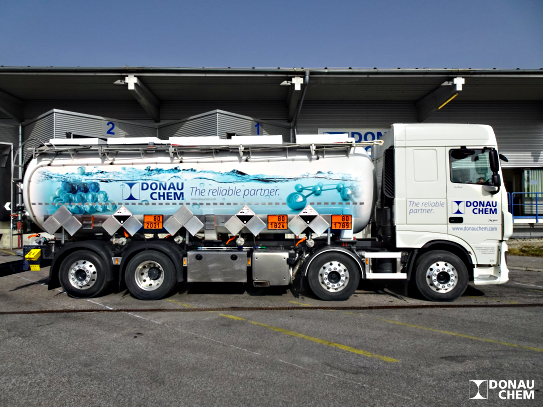
Thanks to innovative technologies, Donauchem's tanker fleet is particularly environmentally friendly. © Donauchem
Maximum safety for employees and customers
In addition to the continuous improvement of environmental and climate protection, the topic of safety and health protection as part of social responsibility also plays a major role at Donauchem. A variety of hazardous situations can arise during the use, delivery and storage of chemicals. Strict safety regulations in Donauchem's production facilities, a separate Donau Chemie department also responsible for safety, the company fire brigade and regular training courses ensure maximum safety - for employees as well as customers and neighbours of the production sites. The Donau Chemie Group is also committed to the EU's REACH regulation and passes on its know-how to customers in comprehensive safety training courses.
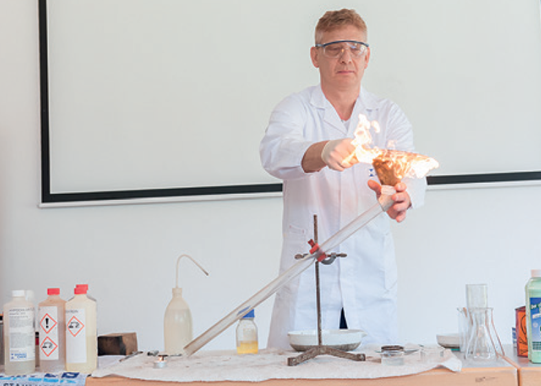
Safety expert Wolfgang Roth in the seminar room: It is not liquids that burn, but vapours. The solvent vapours creeping down from a rag soaked in petrol in the funnel ignite at the fire source at the end of the tube and then ignite the rag as a secondary effect. © Donau Chemie AG
Sustainability is not just a slogan at Donauchem
Corporate Social Responsible (CSR) statements on a company's website do not say much about whether sustainability is actually lived in the company. Sustainability certificates are therefore becoming increasingly relevant for customers. With the Responsible Care certification and the Ecovadis CSR rating as well as a number of other certifications, Donauchem, as part of the Donau Chemie Group, makes sustainability efforts transparent and comprehensible for its customers.
1. EcoVadis Bronze Medal
Donau Chemie 2021 was awarded the bronze medal of the international EcoVadis CSR rating for its sustainable commitment in all business units. Only companies that improve year after year are awarded. With this award, Donau Chemie is among the best 50 percent of the currently 75,000 chemical companies evaluated worldwide.
The evaluation of sustainability management includes topics related to the environment, labour and human rights, corporate ethics and sustainable procurement. In addition to answering an extensive catalogue of questions, documents such as codes of conduct, internal instructions and reporting must also be submitted.
2. Responsible Care Certificat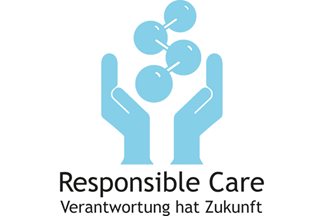
The Pischelsdorf plant was again able to qualify for the
Responsible Care certificate in 2019. Responsible Care is a worldwide, voluntary initiative of the chemical industry with the aim of improving the health, safety and environmental situation in companies in the chemical industry. In Austria, the certificate has been awarded by the Professional Association of the Chemical Industry since 1992.
The measures that a company must fulfil in order to receive the seal far exceed the legal requirements in Austria. The assessment of the company is carried out by two external, independent auditors who evaluate around 300 questions from the areas of energy, waste disposal, storage, employee protection and industrial accident prevention, among others, according to a point system.
Conclusion: Green chemistry is a top priority at Donauchem
The expectations of chemical companies in terms of sustainability are high: they should not only improve their own carbon footprint, but also promote sustainable solutions in the industries they supply. This requires alternative concepts and innovative technologies. In line with this requirement, Donauchem, as well as all other business units of Donau Chemie, attaches great importance to the topic of sustainability - and promotes it intensively through resource-saving processes and product innovations.
 www.donauchem.at
www.donauchem.at